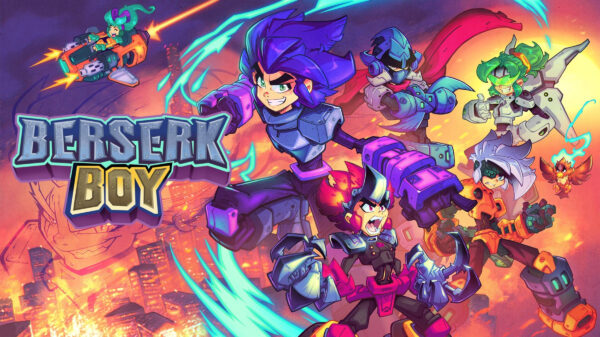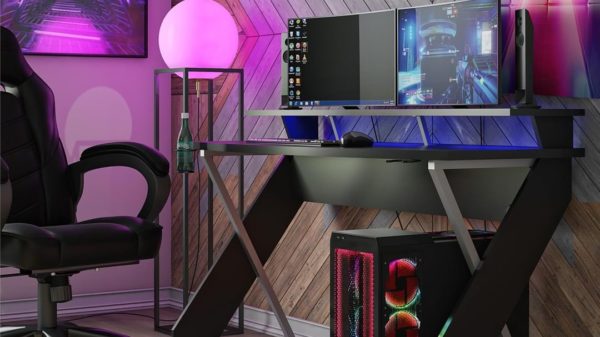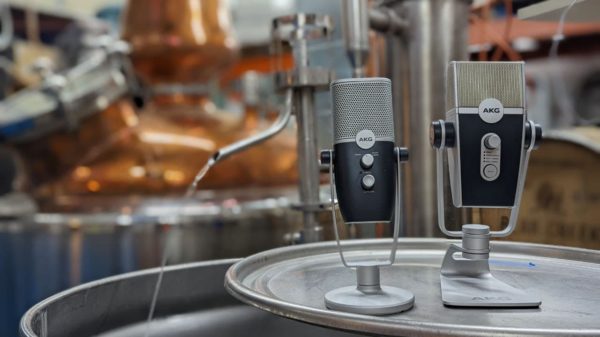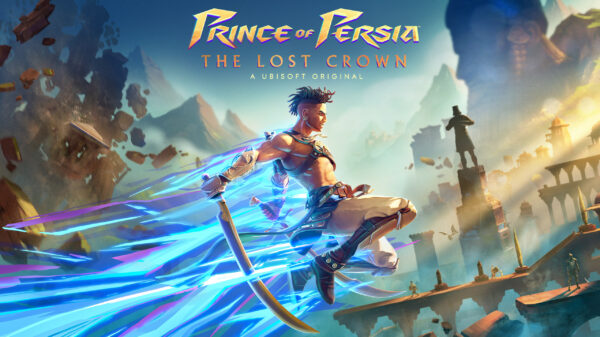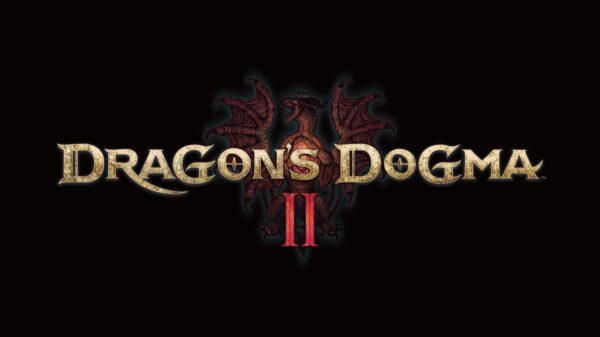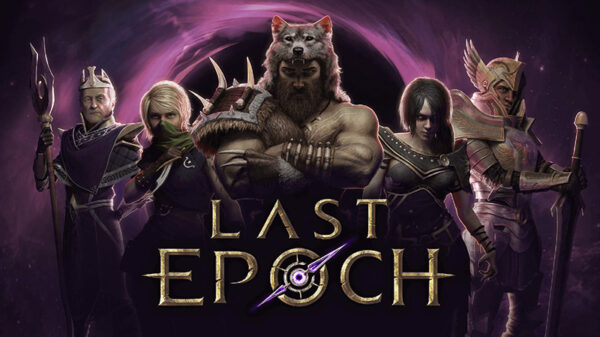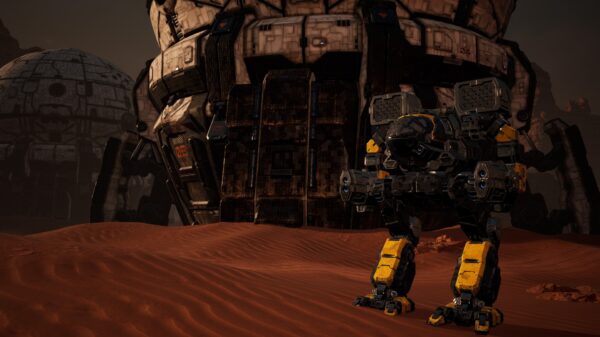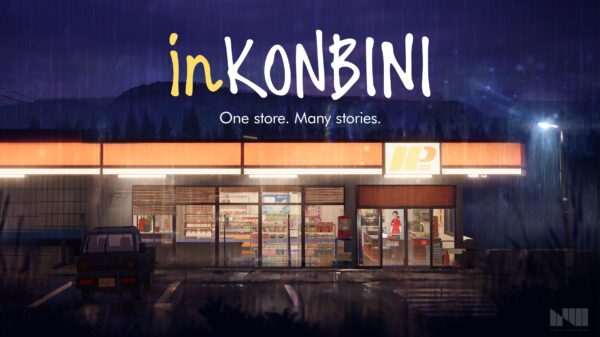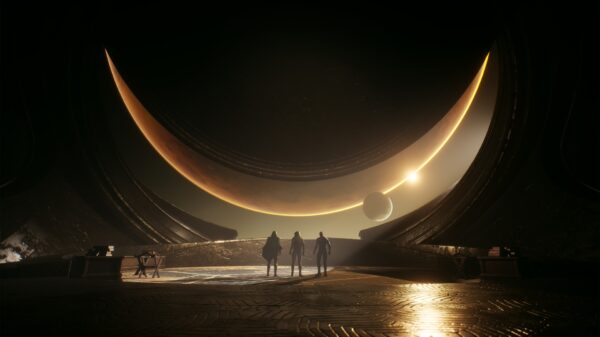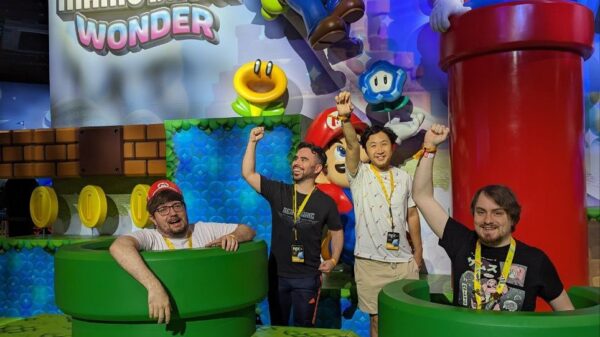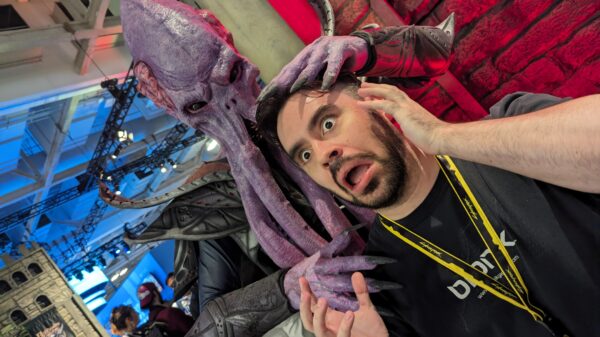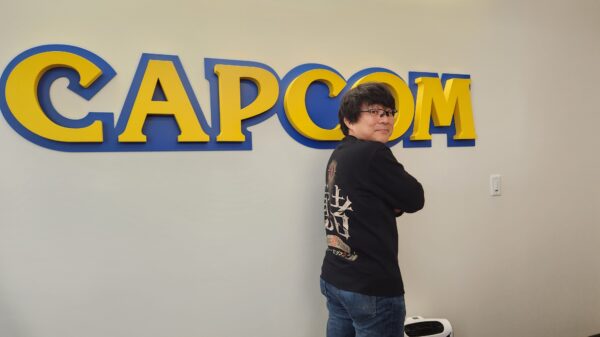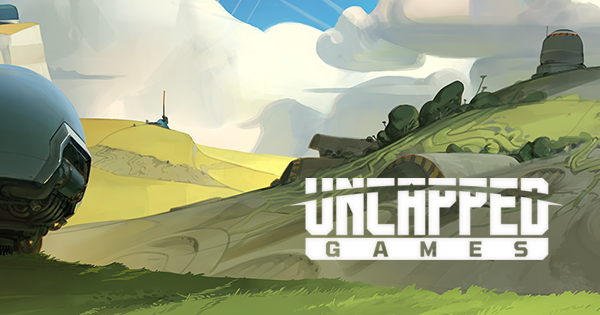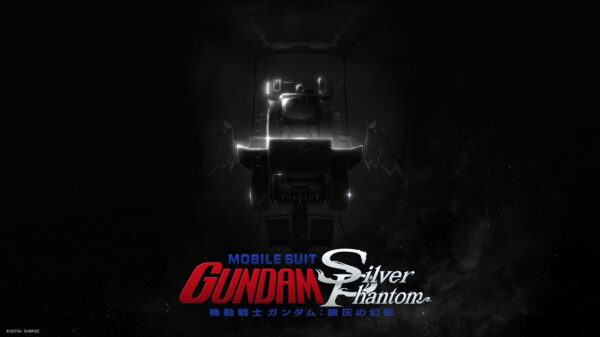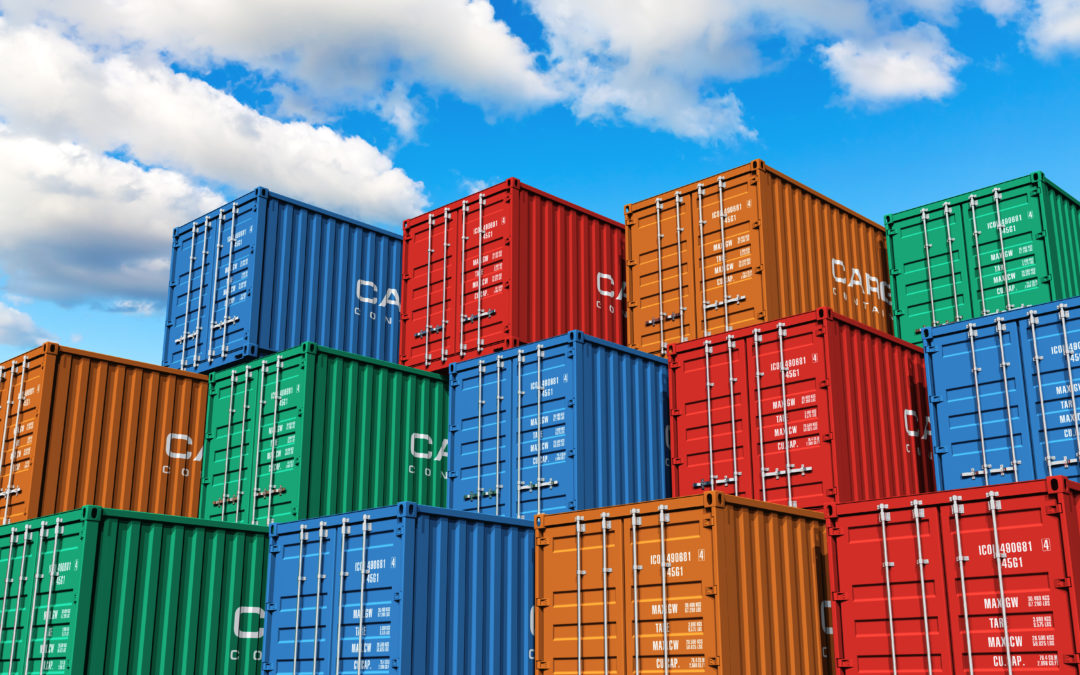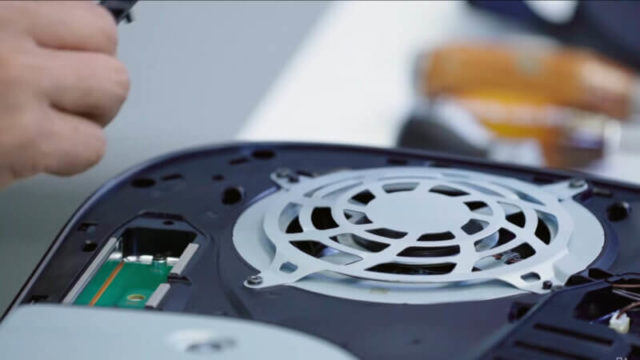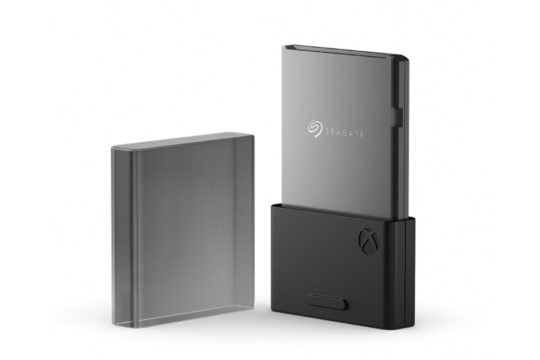Everything we know about Next Gen Console Storage
With under a month before the release of the Xbox Series X/S and the PS5 there is still a lot of confusion surrounding console storage, game sizes and upgrade options. This should clear things up a bit.
PlayStation 5
The Playstation 5 uses a specialty built-in NVMe SSD with very fast read/write speeds and a total capacity of 825GB. However, early peeks at system menus reveal only 664GB of usable space. The digital-only discless version has the same storage capacity
Games:
PS5 games must be installed to an internal SSD to be played. Developers have the options to make game installs modular. This means single-player and multiplayer sections of the game can be installed or removed independently from each other.
PS4 Games games can be installed to either the internal SSD or an external drive. Load times will be faster on the internal storage, however select PS4 games will be able to take advantage of “Game Boost” for increased performance no matter where they are installed. “99 percent of PS4 games” will run without issue on PS5.
PS5 Minimum Install Sizes:
Demons Souls – 66GB
Spiderman + Miles Morales – 105GB (Just Miles Morales – 50GB)
Godfall – 50GB
Sackboy Adventure – 31GB
Destruction AllStars – 26GB
Storage Upgrade:
The PS5 will support off-the-shelf M.2 PCIe 4.0 SSDs and will include a list of certified drives, at some point. The built-in SSD of the PS5 5.5 GB/s (read), typical 8-9 GB/s compressed throughput, and while none of these drives are officially certified (yet) there are a few on the market that might make the cut.
Sabrent 1TB Rocket – $200
Read – 5GBs / Write – 4.4GBs
Slower than the internal PS5 SSD, probably not as fast as needed but *might* still be compatible
Read – 7GBs / Write 5GBs Should be fast enough, and likely to be compatible
Read 7GBs / Write 5.3GBs Should be fast enough, mentions PS5 compatibility in some marketing documents.
Xbox Series X/S
The Xbox Series X and S both use NVMe drives, not quite as fast as the PS5, but heaps faster than most drives currently available. The Series X comes with 1TB of internal storage, but after system allocation (for OS and quick switching between games) that shakes out to be only 802GB of usable space. The Series S comes with a 512GB internal SSD, with the same speeds as the XSX. We don’t know officially yet how much usable space will be present, but we can expect somewhere between 300-450GB to be available. We also know that games installed to the Series S will be 30 percent smaller than on the Series X as the system will only download the assets needed for the lower power 1080p/1440p rendering.
Games:
Xbox Series X/S games must be installed to the internal SSD or to the expansion card SSD to be played. These games can be transferred/archived onto attached USB 3.1 drives when not immediately needed, and then transferred back to the internal/expansion SSD to play, without needing to reinstall/redownload files. Developers will have the option to deliver modular installs.
Older Xbox games can be played from any storage device, but benefit most from being installed on the internal/expansion SSD for quickest load times. A selection of games from Original Xbox (39 games), Xbox 360 (568) and Xbox One (all excluding Kinect titles) can all be played on both Series X and S. All games will be able to take advantage of faster hardware, giving backwards compatible games a mixture of higher rendered resolution, higher frame rates and quicker loading times.
Xbox Series X/S Minimum Install Sizes
No official install sizes confirmed yet
Storage Upgrade:
At launch, there will be only one option for increasing the available, usable SSD storage for the Series X and S. The consoles use similar PCIe 4.0 technology used in the PS5, which still isn’t widely available. Microsoft opted to work with manufacturers directly (so far just Seagate) to create a proprietary expansion card. They say they will have other options available down the road, but currently, this is the only option available. While currently comparable in price to off-the-shelf M.2 drives at the targeted speeds, consumers have the right to be worried that the prices of these proprietary cards won’t drop as the technology becomes more readily available and cheaper to produce.
1TB Seagate Expansion Card $220


